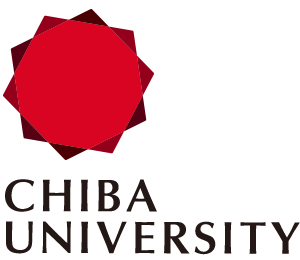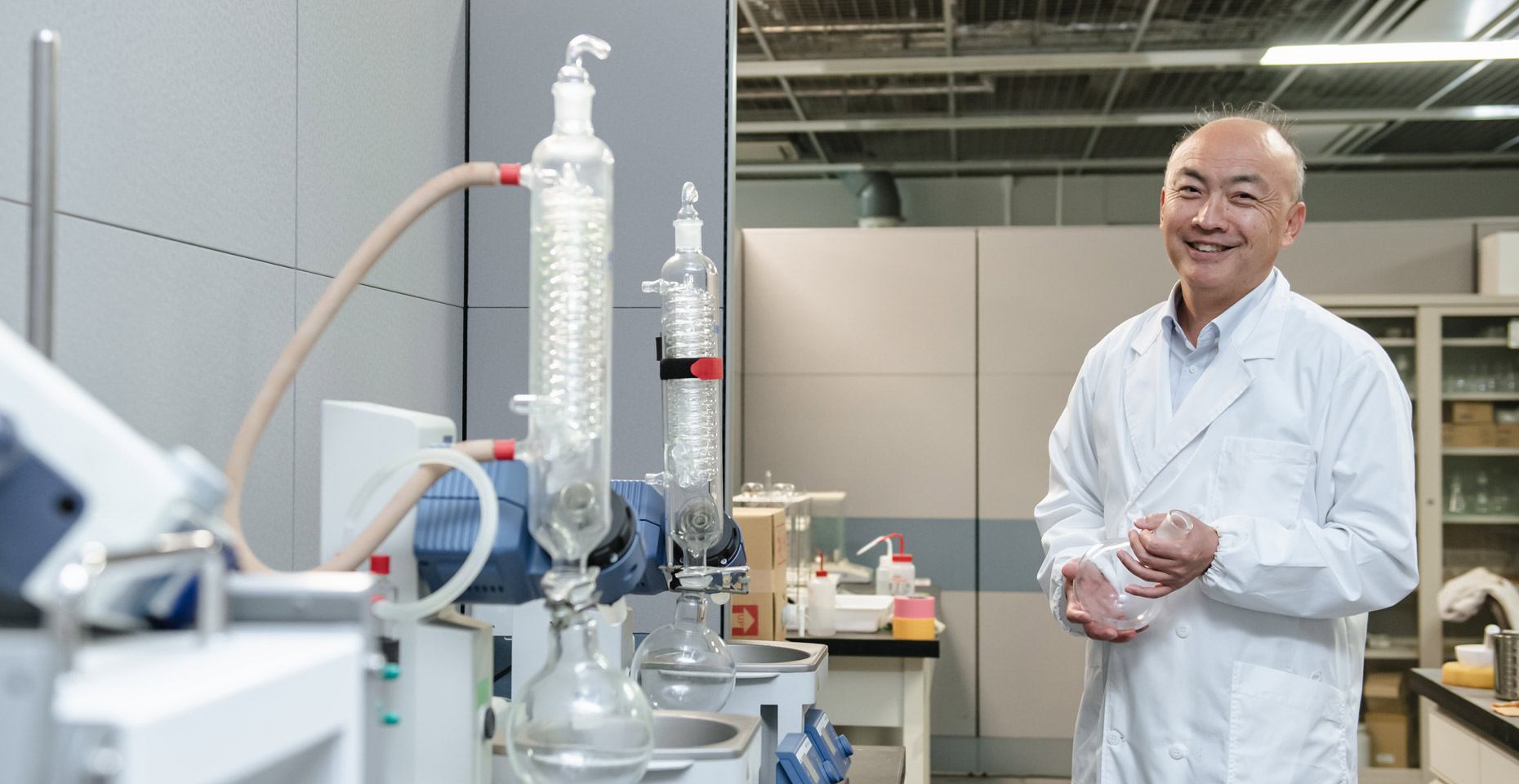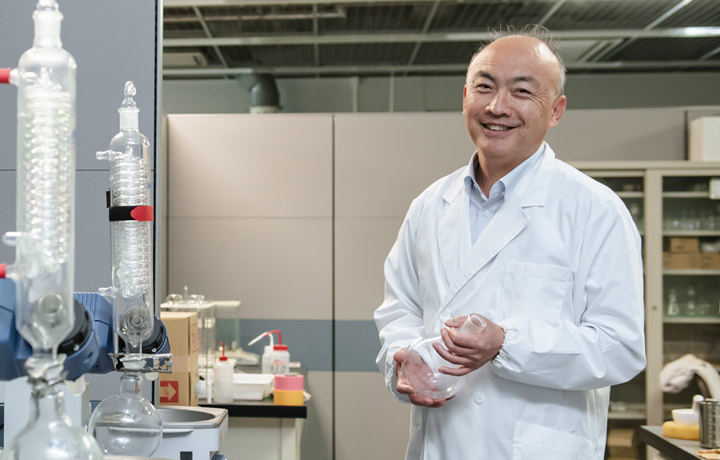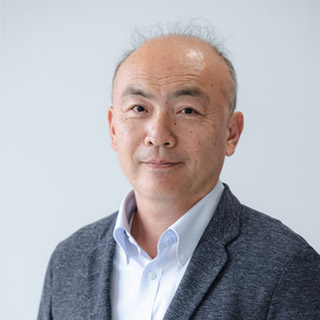Creating a carbon-neutral society is no easy task. Professor Yasunari Matsuno from the Graduate School of Engineering, an environmental expert who has dedicated years to research, emphasizes that “environmental issues should not be treated as fleeting trends. It is essential for individuals to contemplate what they can contribute and take proactive measures.” We had the opportunity to interview Professor Matsuno, an authority in Life Cycle Assessment (LCA) and a pioneer in developing “Organic Aqua Regia,” a revolutionary approach to precious metal recycling.
Is it really good for the environment?
Evaluate environmental impact with LCA
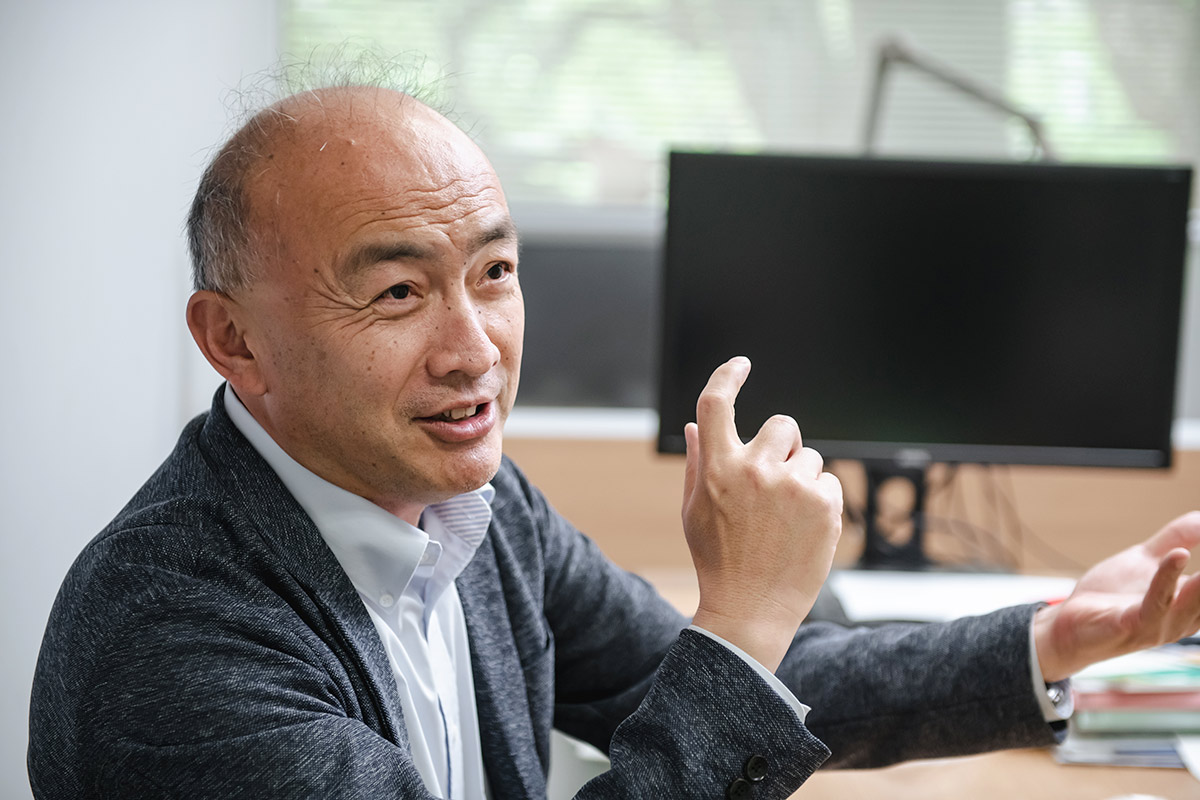
Please tell us about “LCA”
LCA is primarily a comprehensive method for assessing the environmental impact of a product throughout its entire life cycle, encompassing raw material procurement, manufacturing, distribution, product use, and disposal. Based on the results of the LCA evaluation, we need to explore ways to create a better world. Additionally, verifying the effectiveness of tree planting and efforts to store greenhouse gases underground to achieve carbon neutrality is also an integral part of the LCA research.
―Can you give us specific cases as examples?
“Which is more environmentally friendly, gasoline vehicles or electric vehicles (EVs)?” This topic is at the core of Life Cycle Assessment (LCA) and is easily comprehensible for many. If we only consider the usage phase of cars, it may seem that EVs, which do not directly emit greenhouse gases, are better for the environment compared to gasoline vehicles. However, LCA evaluates and assesses the environmental burden throughout the entire life cycle, including material sourcing, processing, and disposal. Therefore, it is necessary to consider whether EVs are truly beneficial for the environment taking into account the emission of greenhouse gases during the generation of electricity used for driving and the impact of using materials that are not used in gasoline vehicles.
I had the opportunity to collaborate on a joint research project comparing the LCA of cars. During my time as a researcher at the Agency for Industrial Science and Technology of the Ministry of International Trade and Industry (currently the Ministry of Economy, Trade and Industry), our team conducted research to clarify the environmental impacts resulting from the use of specific quantities of materials and electricity. It was this experience that caught the attention of an automobile manufacturer that sought to obtain a clear understanding, from an LCA perspective, of which option―gasoline vehicles or EVs―was more environmentally friendly. Consequently, we embarked on a collaborative research endeavor.
LCA analysis for automobiles, with their complex processes and numerous components, presented challenges that couldn’t be easily overcome. However, with a meticulous on-site analysis of the materials used, processing methods for various components, and logistics considerations, we were able to reach the comprehensive conclusion that EVs outperformed gasoline vehicles in terms of their contribution to global warming mitigation. It’s important to note that this research took place nearly 20 years ago, and since then, there have been significant technological advancements and substantial changes in the automotive landscape.
Innovative Organic Aqua Regia was born from 1 % Indication and 99 % Perspiration
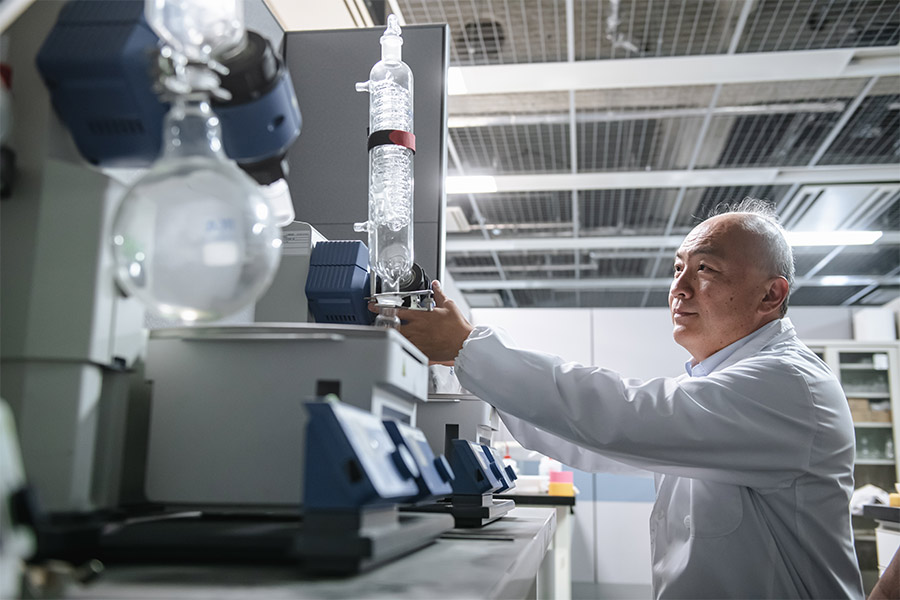
―Please tell us about “Urban Mine,” a keyword in your research
In order to realize a carbon-neutral society by 2050, it is vital to shift our focus from extracting new resources to effectively utilizing those that have already been used. Within human living spaces, there exist abundant resources. Urban stocks, often referred to as “Urban Mines” due to their resemblance to resource-rich mines, contain a significant concentration of resources. A noteworthy example is the extraction of gold, silver, and copper from small household appliances in urban mines, which gained attention when these metals were used for the medals in the Olympic Games Tokyo 2020.
―I heard that you had developed an innovative process for recovering precious metals
Previously, the recovery of precious metals from urban mines posed numerous challenges, such as the requirement of large-scale facilities and the difficulty in handling hazardous chemicals. However, with the introduction of a solvent we named “Organic Aqua Regia*” in 2018, we have been able to achieve cost-effective and environmentally friendly precious metal recovery.
This groundbreaking recovery process using Organic Aqua Regia opens the door to further innovation depending on the combinations. We have already obtained a patent (Patent No. 6196662) and are actively engaged in collaborative research with companies.
*Technology for efficient recovery of gold by immersing used electronic substrates in a liquid solution containing organic solvents ( https://www.chiba-u.ac.jp/research/coe_gp/result/engineering/au .html )

―How did you come up with the idea of Organic Aqua Regia?
It all started with a casual conversation among fellow researchers. At that time, I held the position of associate professor in the Department of Materials Engineering at the University of Tokyo’s Graduate School of Engineering. The department fostered a collaborative atmosphere, where researchers from diverse fields gathered to freely exchange ideas. During one of these interactions, a colleague involved in biomaterial research approached me with a question: “While trying to decorate a gold plate with a polymer, the gold melted, and the experiment failed. Can you use this for recycling?” And thus, my journey began.
There is a famous quote by Edison that states, “Genius is 1% Inspiration and 99% Perspiration.” In the case of developing Organic Aqua Regia, that initial 1% was the “Indication,” followed by the subsequent “99% of detailed investigations, experiments, and relentless pursuit of understanding various phenomena.” It was through this unwavering effort that Organic Aqua Regia was born.
Contribution to the Council as an LCA expert and experienced researcher in industry-government-academia collaborations
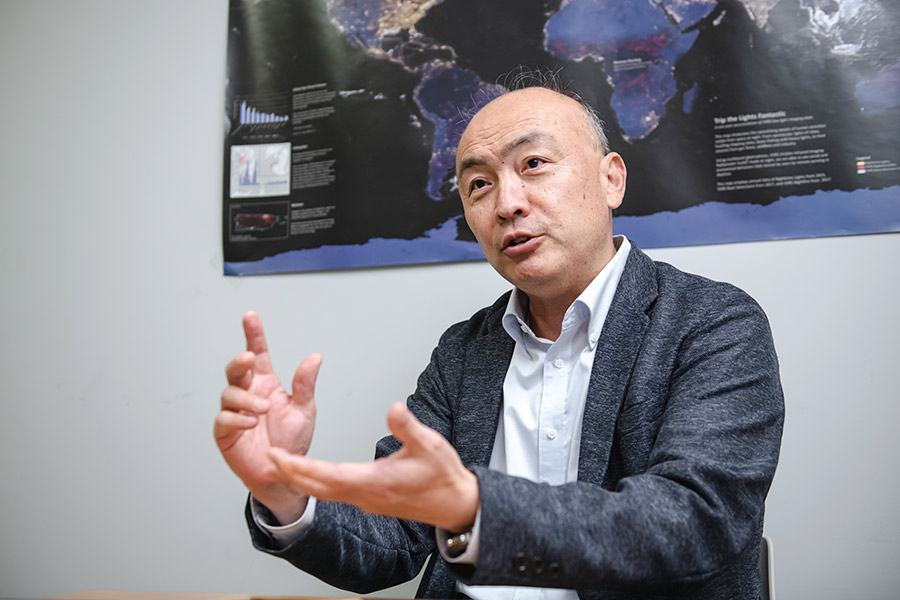
― What is the goal of the Keiyo Coastal Industrial Complex Council on Carbon Neutrality, which was established in November 2022?
The Keiyo Coastal Industrial Complex is widely recognized as the largest industrial hub in Japan, housing numerous steel and chemical factories that significantly contribute to greenhouse gas emissions. Achieving carbon neutrality within this complex is of utmost importance, serving as a model not only for Japan but also for the global community. This ambitious endeavor involves extensive collaboration between industry, government, and academia on a large scale. I am privileged to be part of this council, which is led by the government of Chiba Prefecture, contributing my expertise as an expert in the field.
―Given the magnitude of this project, it seems that many challenges lie ahead and must be addressed.
The path toward carbon neutrality is indeed challenging. For example, Chiba Prefecture alone cannot resolve the issue of securing hydrogen, a crucial fuel for realizing carbon neutrality in large-scale steel production. It necessitates collaboration and synergy among the national government, Chiba Prefecture, Japan Business Federation, companies, and universities, each contributing their unique perspectives and expertise.
As a researcher at a university in Chiba and an expert in LCA, I aspire to apply my experience in collaborative initiatives involving industry, government, and academia to make meaningful contributions to this project in the future.
―It appears that the council requires the involvement of experts from various perspectives
In the field of LCA, discussions from various viewpoints are essential. The Institute of Life Cycle Assessment, where I serve as the president, comprises specialists from diverse fields beyond engineering, including psychology and economics. The term “fusion of the humanities and sciences” is often used to describe our interdisciplinary approach.
However, when engaging in joint research with companies, an engineering-focused approach to LCA is required. Therefore, I make a conscious effort not to deviate from my engineering perspective. I am always conscious of understanding the specific requirements of the situation and the stakeholders involved and adjust the emphasis accordingly.
Achieving a carbon-neutral society by 2050 is imperative
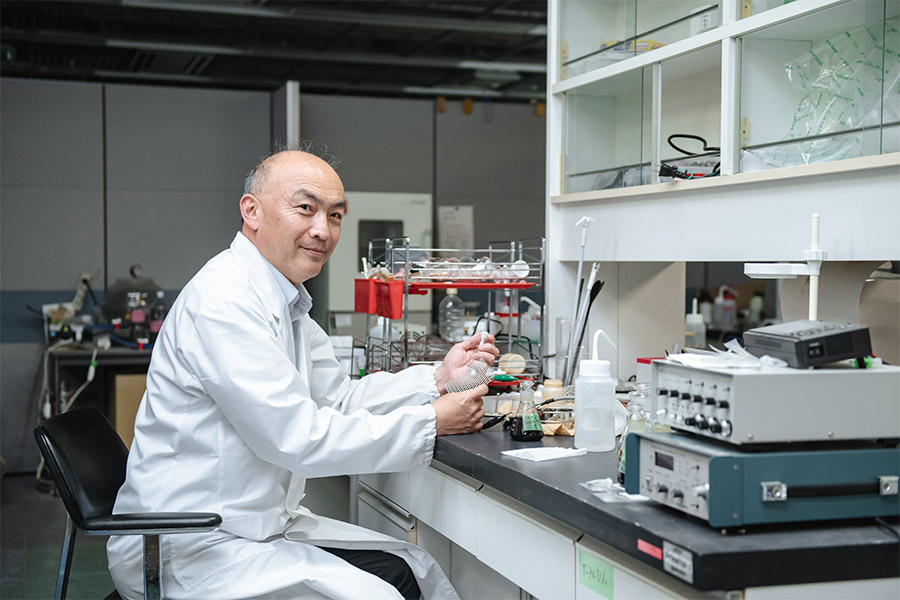
―Based on your extensive research on the environment, what kind of society would you like to see ideal?
Rather than striving for an “ideal society,” our priority should be the realization of a “carbon-neutral society through the efficient utilization of urban mines.” This entails minimizing our reliance on fossil fuels and maximizing the adoption of renewable energy sources, thereby effectively reducing greenhouse gas emissions. Furthermore, rather than extracting new resources from the earth, we must shift our focus towards creating a society that relies on recycled materials sourced from urban mines.
To accomplish this objective, it is imperative to conduct thorough research in areas such as LCA, Organic Aqua Regia, material flow analysis, and other related fields.
―Finally, please share a message with students, companies, and researchers
Based on my years of involvement in environmental issues, I have observed a cyclical pattern where the public interest in the environment fluctuates, with periods of high and low engagement occurring roughly every 12 years. However, it is crucial to recognize that environmental concerns should not be treated as passing trends, but rather as urgent matters that demand our sustained commitment. Undoubtedly, achieving carbon neutrality by 2050 is of utmost importance.
To the students who will shape the future, I strongly encourage you to understand the significance of environmental problems and cultivate an awareness of the necessary actions to address them. Consider how each of you can contribute to the realization of carbon neutrality from their respective positions.
To companies, if there are opportunities where my experience in environmental matters can be beneficial, I warmly welcome your collaboration. With the implementation of the Partial Amendment to the Law Concerning the Promotion of the Measures to Cope with Global Warming in 2021, the management of greenhouse gas emissions has become a legal obligation for businesses. I have extensive experience, particularly in the fields of automobiles and smelting, which are areas of expertise for me. Let us collaborate and work together towards our shared objectives.
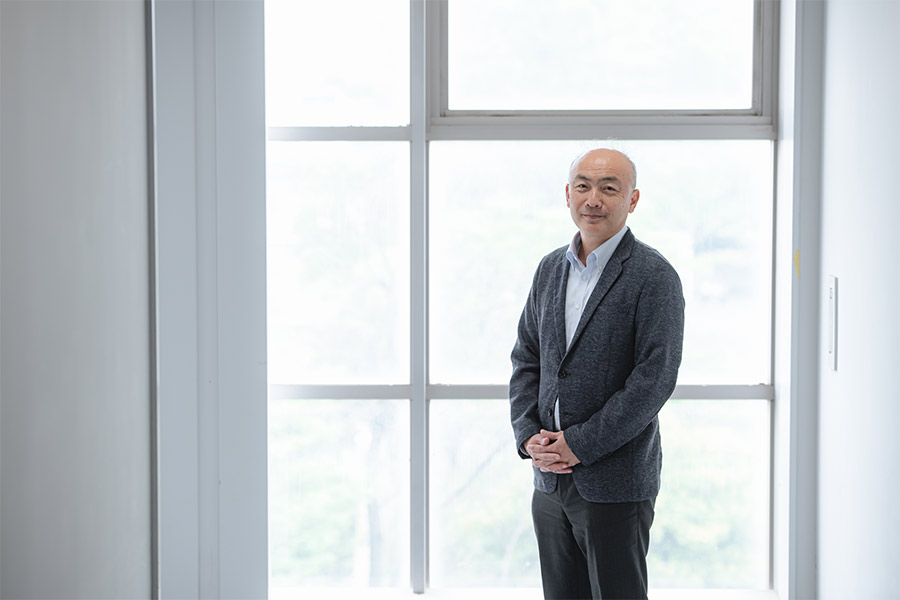
Series
The Role of Universities to Achieve Carbon Neutrality
What role should universities play in realizing carbon neutrality by 2050? This series will explore this question, accompanied by research conducted at Chiba University.
-
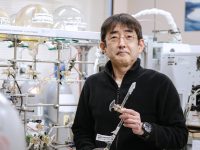
#1
2023.06.22
Harnessing CO2 with a Photocatalyst for Fuel and Plastic Feedstocks: Advancing a Sustainable Society with Chemistry
-
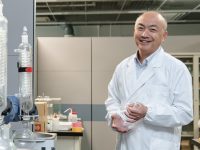
#2
2023.06.29
Unlocking Untapped Urban Resources: Driving Carbon Neutrality through Life Cycle Assessment
-
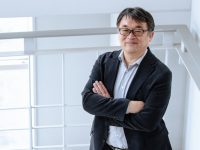
#3
2023.07.04
Predicting Future CO2 Absorption and Emissions in Terrestrial Ecosystems: International Geostationary Meteorological Satellite Network for Accurate Estimation
-

#4
2023.07.12
The Global Goal of Carbon Neutrality by 2050 (Part 1): Universities as Agents of Change
-
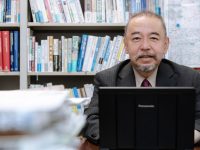
#5
2023.07.14
The Global Goal of Carbon Neutrality by 2050 (Part 2): A decarbonized society from a local perspective
-
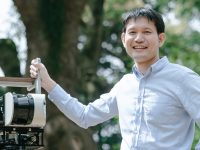
#6
2023.09.12
Reassessing the role of “Forest Resources” in achieving carbon neutrality: Measuring forests with the combination of drones, mathematics, and computer graphics
-
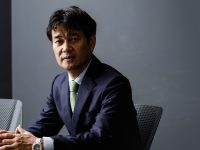
#7
2023.09.28
Navigating Offshore Wind Power Expansion: Nurturing Ocean-based Wind Energy Management Experts through Industry-Academia Partnership
Recommend
-

Designing a Comfortable Living: A Kampo Clinic that Simulates the Five Senses
2024.01.26
-
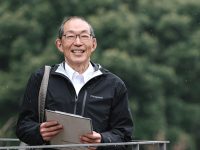
Backing Revitalization in Rural Areas: Unearthing the Subtle Heart of the Community
2024.12.27
-
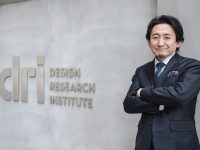
‘Synergistic Campus Evolution with the Community’ Chiba University Design Research Institute (Part 1): The Entire Campus as a ‘Design Experiment Space’
2023.12.21
